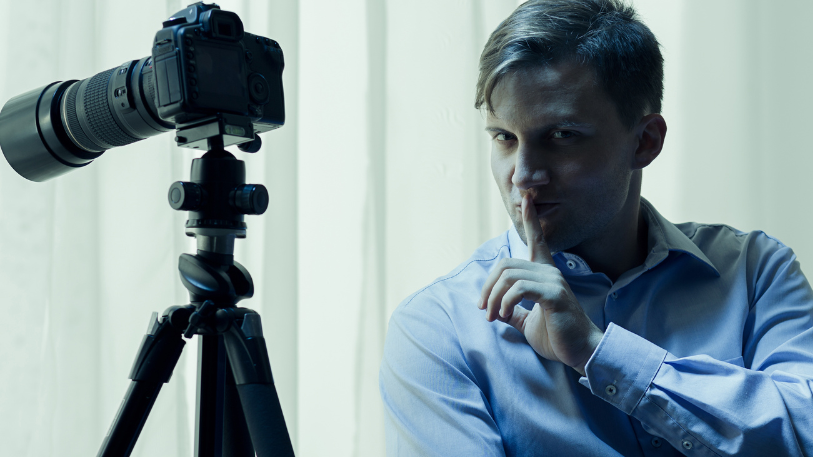
We are living in the golden age of communication. Long-distance relationships and friendships are as easy as ever. Even seeing your loved ones’ faces is as easy as clicking a button whenever and wherever you want. However, these technological advances also come with their fair share of dangers. The possibility of someone taking photos and videos of you without your consent is unfortunately yet constantly present. Such repulsive acts are often the cause of various sex scandals.
Republic Act No. 9995, or the “Anti-Photo and Video Voyeurism Act of 2009”, aims to deter people from committing the said acts. It also aims to punish people who have already committed the same. This article aims to break down R.A. No. 9995 for your ease of understanding.
The Basics
The Anti-Photo and Video Voyeurism Act of 2009 defines the parameters of photo or video voyeurism, prescribes the penalties for any perpetrators, and defines any exemptions and clauses included in the law.
In the context of this Act, “photo or video voyeurism” is the act of taking photos or videos of anyone performing a sexual act or of their private areas without their consent. The person/s must have a reasonable expectation of privacy during the moment of capture, meaning that they have reason to believe that they did not have to be concerned about anyone taking photos or videos of them.
Prohibited Acts
Section 4 of R.A. No. 9995 clarifies which acts are prohibited and declared unlawful for any person:
- Taking photos or videos of anyone performing a sexual act or of their private areas without their consent. A person’s private area includes the naked or undergarment clad genitals, public area, buttocks, or female breasts. The person/s must also have a reasonable expectation of privacy.
- Copying or reproducing any photos, videos, or recordings of sexual acts or any similar activity with or without consideration.
- Selling or distributing any photos, videos, or recordings of sexual acts, whether it be the original copy or reproduction thereof.
- Publishing or broadcasting, whether in print or broadcast media, or showing or exhibiting the photo, video, or recordings of such sexual acts or any similar activity through VCD/DVD, internet, cellular phones, and other similar means or device.
Note that these prohibitions do not apply if the person in the material had given his/her consent to create or distribute the photos, videos, or recordings.
Penalties
Anyone guilty perpetrators of the prohibited acts listed above must serve at least three (3) years but not more than seven (7) years of imprisonment, or pay a fine of at least One Hundred Thousand Pesos (P100,000.00) but not more than Five Hundred Thousand Pesos (P500,000.00), or both, at the discretion of the court.
If the violator is a juridical person, such as a corporation or agency, its license or franchise shall be revoked. If a public officer, employee, or professional is guilty, he or she shall be administratively liable.
Exemptions
There is only one situation in which a person does not have to face the consequences of this law. If the court has authorized a police officer to use the record or any copy thereof as evidence in any civil, criminal investigation or trial of the crime of photo or video voyeurism, then the court will not consider him or her guilty of committing the prohibited acts written in this law.
However, this is exception only applies if the written order is issued or granted upon written application and the examination under oath or affirmation of the applicant and the witnesses/he or she may produce, and upon showing that there are reasonable grounds to believe that photo or video voyeurism has been committed or is about to be committed, and that the evidence to be obtained is essential to the conviction of any person for, or the solution or prevention of such, crime.


Appreciate the time you put in. Helpful details.